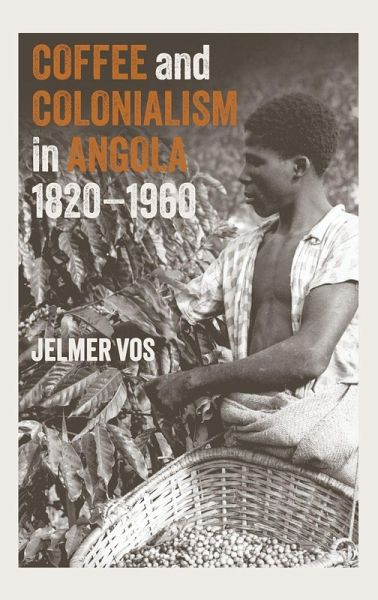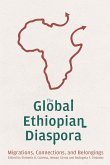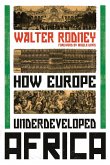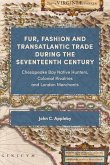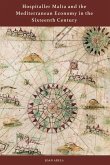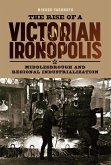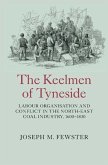A new perspective on Angolan colonial and labour history in the 19th and 20th centuries, which explores how the cultivation of coffee, the country's most significant export, shaped one of the oldest commercial frontiers in sub-Saharan Africa. After the Second World War, Angola became one of the world's largest coffee producers, supplying robusta beans that formed the backbone of popular blends and soluble products consumed by millions worldwide. But each cup of coffee made with Angolan robustas carried with it a legacy of land expropriation and coerced labour. Coffee and Colonialism delves into the systematic exploitation of black workers on white settler plantations in Angola, where labour practices often evoked memories of slavery. This book traces the origins of Angola's coffee trade to the early nineteenth century, examining how the abolition of the Atlantic slave trade gave rise to a new export-driven economy. As global demand for coffee surged, Portuguese colonizers transformed a thriving peasant economy into a settler-dominated system that, while highly productive, was profoundly exploitative and inefficient. Drawing upon extensive archival research, this work provides a compelling analysis of the intersections between colonialism, labour, property, and global trade, uncovering the political economy underpinning one of Africa's most enduring commodity frontiers.
Hinweis: Dieser Artikel kann nur an eine deutsche Lieferadresse ausgeliefert werden.
Hinweis: Dieser Artikel kann nur an eine deutsche Lieferadresse ausgeliefert werden.

